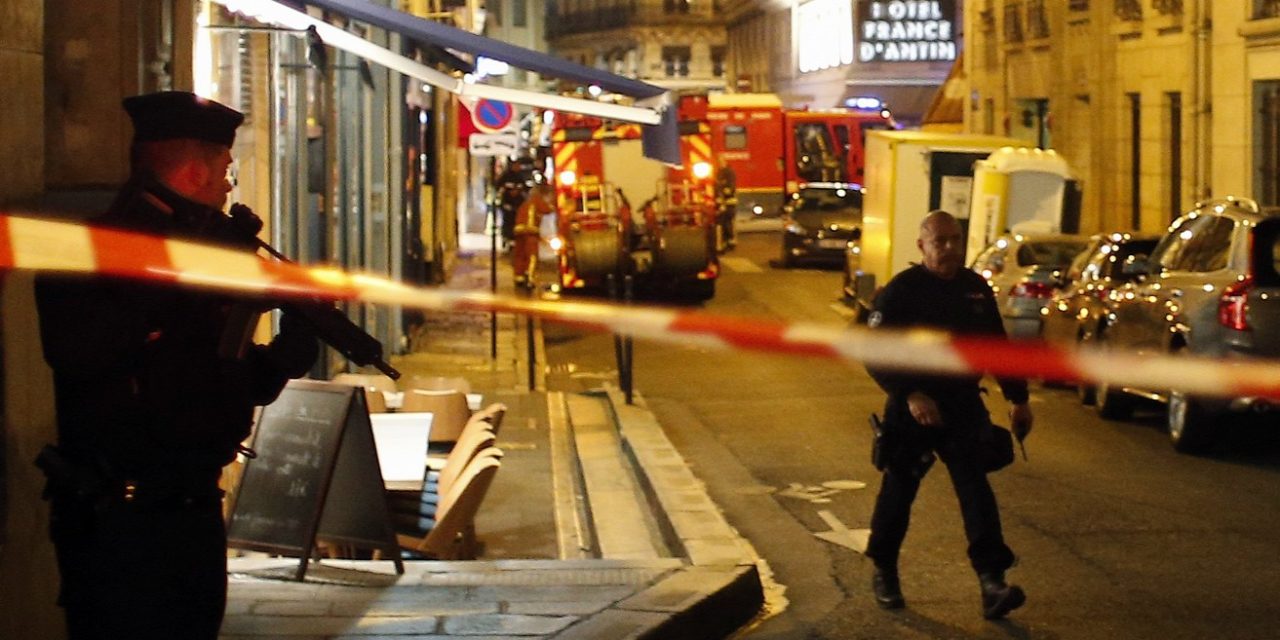On Friday, the French parliament finally adopted the draft law against radical Islam, which was debated by the National Assembly and the Senate for seven months, and sharply criticized by all opposition parties.
In the lower house of 577 people, the representatives present voted with 49 votes in favor, 19 against and 5 abstentions for the government proposal aimed at "strengthening the principles of the republic", which aims to prevent separatism, i.e. the separation of certain groups within society on the basis of religious or ethnic affiliation .
Even on the last day, Francois de Rugy, the chairman of the government party of the special committee investigating the law, tried to convince the left-wing opposition that the text is discriminatory against Muslims, that "the law has a general effect and does not intend to settle relations with only one religion" .
Since the jihadist attacks that began in January 2015, the issue of the organization of the Islamic religion and the suppression of radical Islam has been a constant topic in French public life. In the end, however, the accepted text does not include the term Islamist separatism, which President Emmanuel Macron used when he presented the proposal in his speech on October 2, 2020, nor the concept of secularization, which means the separation of state and church. The government's plan primarily aims to strengthen the worldview neutrality of the state and public life by means of technical means.
One of the most important of the measures is that all associations receiving state support must commit to "the values and principles of the republic". From now on, foreign donations of over 10,000 euros must be reported to the tax office. The purpose of this is to better control foreign-run mosques.
The law provides for the possibility of punishing those who publish personal data on social networks in a way that endangers the lives of others, as happened in the case of high school history teacher Samuel Paty because he showed Muhammad caricatures in his lesson on freedom of speech.
A separate passage deals with the fight against illegal association schools and makes it compulsory for all children from the age of three to go to kindergarten, to which only the child's illness or the family's special situation can be an exception, in a very limited way.
The state also tightens the control of schools, primarily religious foundations, that do not follow the mandatory public education program, punishes doctors who issue certificates of virginity, and strengthens measures against polygamy and forced marriage.
Neither the right nor the left supported the law, but for different reasons. The left objected to the growing mistrust of civil organizations, while the right did not consider the proposal effective enough against Islamism. The National Coalition led by Marine Le Pen
Source: Magyar Hírlap
(Caption photo: AP/Thibault Camus)












